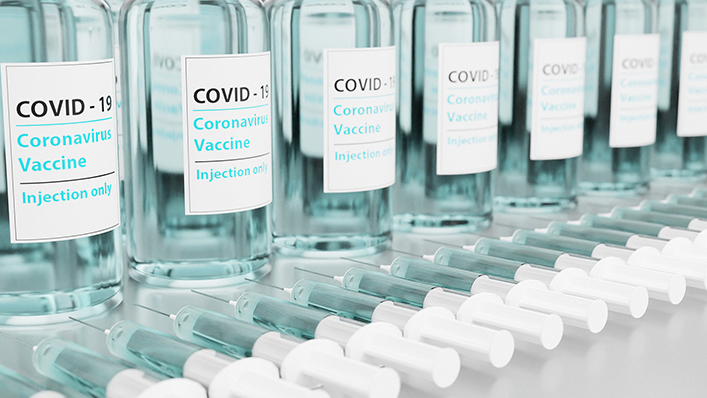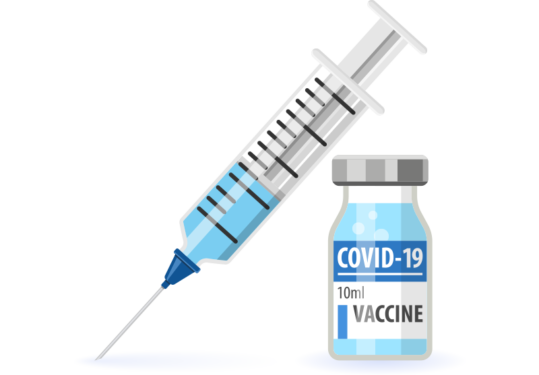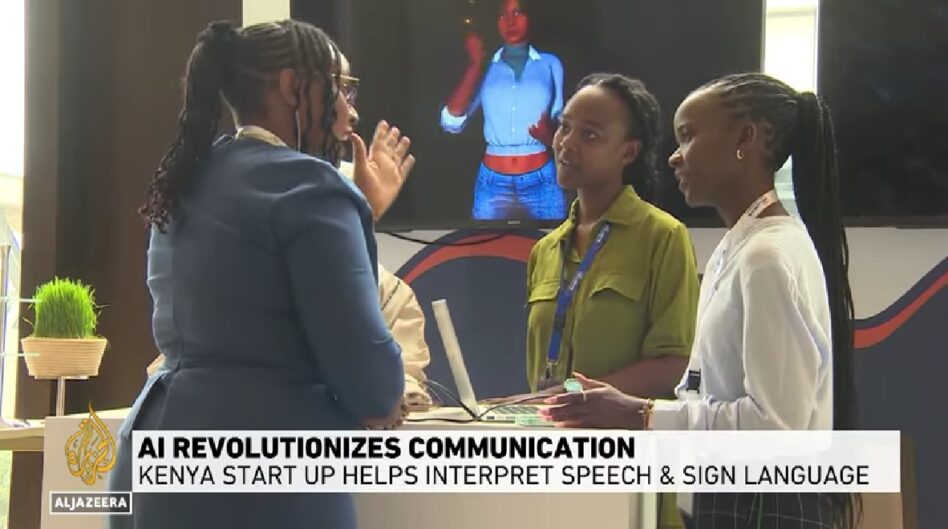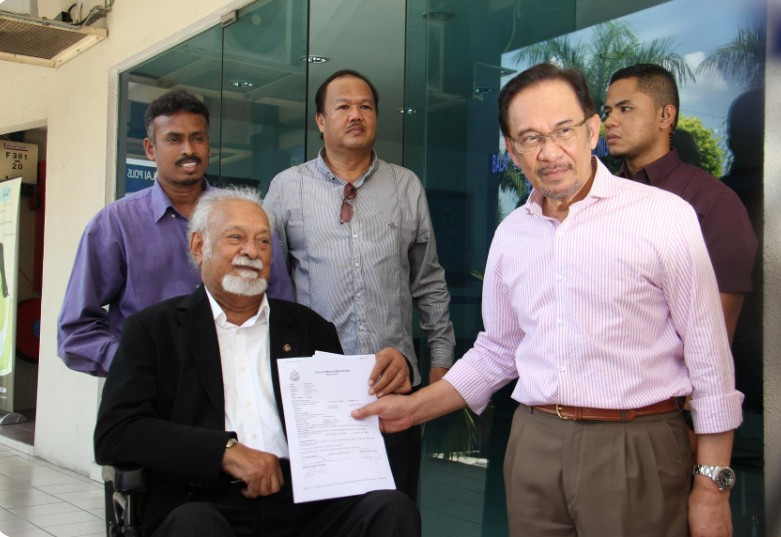THE Agreement on Trade-Related Aspects of Intellectual Property Rights (TRIPS agreement) is an international legal agreement between the World Trade Organization (WTO) member states that provides for the minimum standards for national governments to regulate intellectual property (IP).
In response to the slow rollout rate of COVID-19 vaccines, India and South Africa had on Oct 2, 2020 tabled a proposal on a temporary suspension of IP (intellectual property) rights for COVID-19 vaccines and other coronavirus-related medical equipment at the WTO, arguing that waiving TRIPS obligations would enable more countries to manufacture the necessitous COVID-19 doses in the absence of the right owner’s consent.
The suggested waiver involves copyright, industrial designs, patents and undisclosed information. Simply put, member states are entitled to withhold the implementation, application and enforcement of their international obligations with the TRIPS waiver coming into force.
One-year-and-a half after the proposal was tabled, no agreement has been reached at the WTO despite having undergone numerous talks and negotiations between states’ representatives.
Short time
The most apparent reason for TRIPS waiver at the international level is that a WTO member state would be barred from claiming compensation from another member state which fails to implement or enforce IP protection at its national level.
Without the TRIPS waiver, the latter is subject to the dispute resolution mechanisms stipulated under the WTO’s Understanding on Rules and Procedures Governing the Settlement of Disputes, of which parties will undergo consultations to discuss the issue and attempt to reach an agreement without resorting to litigation.
If consultations fail to resolve the dispute within 60 days, the complainant may request adjudication by a panel and the panel’s decision binds the parties.
At a glance, it would appear as though the TRIPS waiver is sufficient to address the scarcity of COVID-19 vaccines. However, we should not overlook the harsh reality that not everyone has the know-how to manufacture COVID-19 vaccines.
In Malaysia, while Pharmaniaga LifeScience and Solution Biologics have been involved in the roll-out of Sinovac and CanSino Bio’s COVID-19 vaccines respectively, this is however conducted merely on a fill-and-finish basis.
The condition could be even more fatal when it comes to mRNA vaccines that involve novel technologies. Without the transfer of necessary know-how, it is unlikely that a state government or domestic pharmaceutical companies can manufacture generic vaccines, at least not within a short period.
“Recipe without cooking instructions”
Each vaccine must undergo extensive and rigorous testing to ensure its safety before it can be rolled out, hence taking up an enormous amount of time.
To take one instance, a published patent of a COVID-19 vaccine carries a description of what the vaccine is. It, however, does not list down the detailed manufacturing process.
Opponents of the TRIPS waiver have been describing such a situation as if offering someone a recipe that includes all of the ingredients but no instructions on how to bake the cake.
Even if domestic pharmaceutical companies happen to find their way out of the scarce information, the safety and reliability of the generic vaccines are the subsequent considerations that need to be pondered upon.
When reputable vaccines such as the Pfizer-BioNTech vaccine and Oxford/AstraZeneca vaccine are causing severe side effects globally, the journey of these generic vaccines in garnering public confidence would be a tough row to hoe.
In this case, the TRIPS waiver would result in the mushrooming of COVID-19 vaccine options serves no purpose.
IP rights and patent protection are predicated on the idea that the prospect of obtaining an IP/patent will incentivise players in research and development to invest in areas that would otherwise be under-funded.
This will kill two birds with one stone as the inventor can reap what he sows economically under the monopoly rights and at the same time, the public and other players in the field receive access to critical information about the patented invention in return. TRIPS waiver is arguably a move going against the objective of IP protection.
The world has gradually started administering third booster doses with certain regions like Ontario expanding fouth booster dose eligibility to elders aged above 60. Vaccine supply constraints are likely to persist despite stepping into the third year of COVID-19.
According to Amnesty International, less than 8% of Africa’s 1.2 billion people had been fully vaccinated by end-2021 while wealthy countries such as the European Union (EU), the UK and the US have more than enough doses on hand.
Instead of waiving the TRIPS obligation, a better step would be to relocate the supply and ensure equality in the global access to COVID-19 vaccines. – April 15, 2022
H’ng Zong Xian is a penultimate year law student at Universiti Kebangsaan Malaysia.
The views expressed are solely of the author and do not necessarily reflect those of Focus Malaysia










